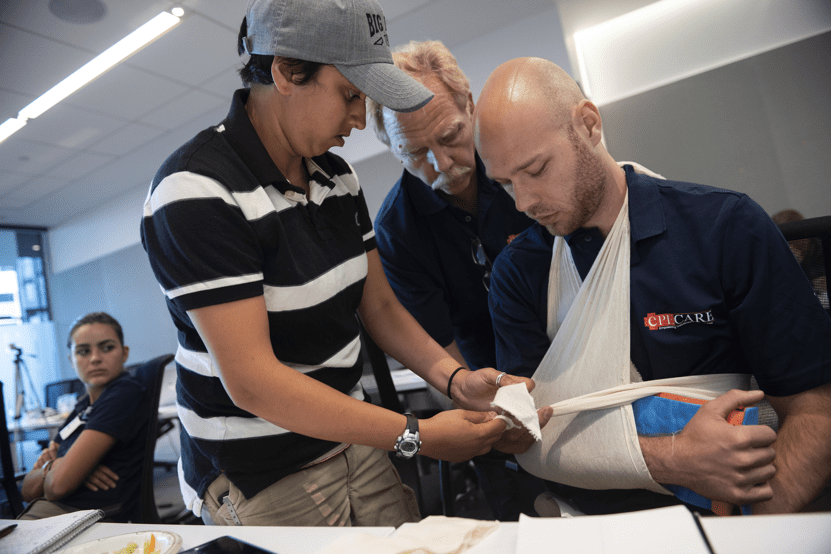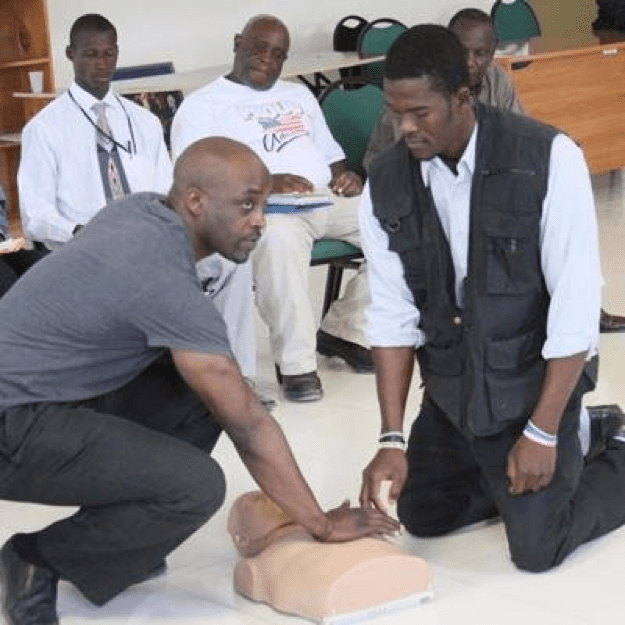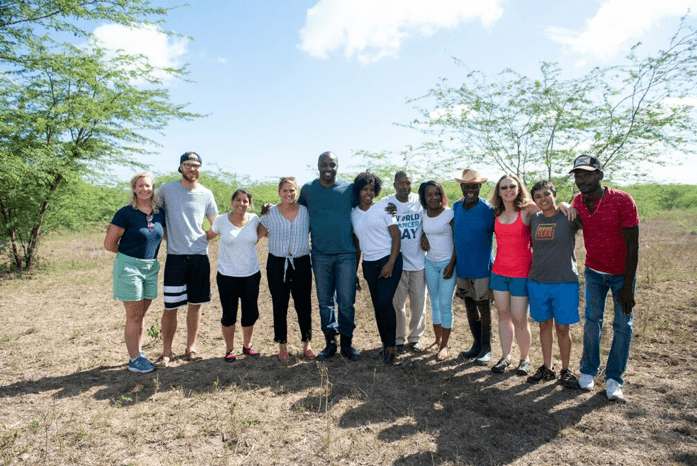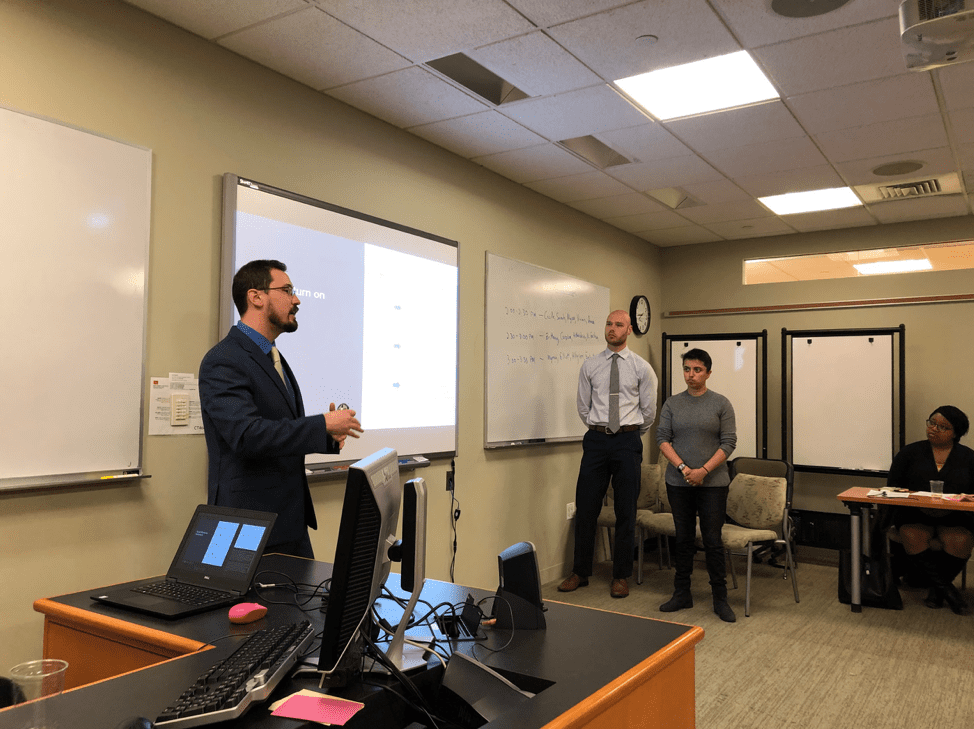Projects: Collaborate.Health
Global Health First Responder Training Program
Empowering Youth to Save Lives
- Agency Partner
- Epecare
- Course
- Resource Mobilization: Easier Said than Done
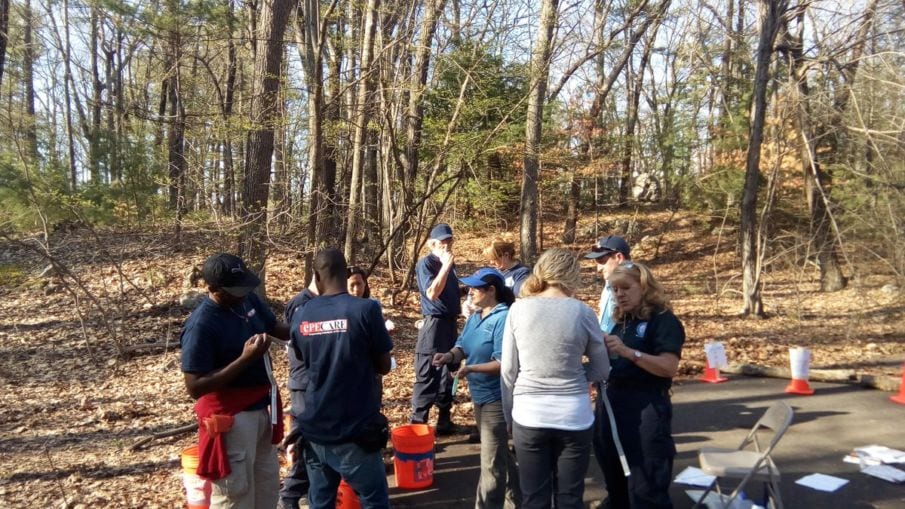
Overview
From 1980 to 2009 there has been an 80% increase in climate related events around the world. The 2010 earthquake in Haiti resulted in an estimated 250,000 lives lost and left over 300,000 people injured. Recognizing the increasing need for domestic and international emergency first responder training, Harold Roy founded Epecare to create the next generation of community first responders and develop a global sustainable disaster systems. Epecare features two main programs: the Global Health First Responder Training for Adults and the Junior Responder Program (JRP) for high school students.
Context
In an effort to fulfill the organization’s mission within the Greater Boston Region, Epecare created the Junior Responder Program (JRP). The JRP is an after school program providing six two-hour sessions over a six week period. The course is flexible and can be adapted to give students the skills they seek in the time they have available. This hands-on educational instruction covers Basic Life Support (BLS) and first aid training, as well as other disaster preparedness techniques that can be employed in a variety of settings. A comprehensive first aid kit is provided to trainees through the program, which the students can use in their daily lives. Epecare trainers come from a range of medical disciplines and are recognized by Massachusetts General Hospital as qualified, emergency professionals.
Challenge
Epecare wishes to ensure that the JRP maintains long term financial sustainability in order to continue offering life-saving training services in the Boston area. Currently the JRP is volunteer run and maintained through grants and donations. Epecare would like to change its current funding mechanisms and create a sustainable business model to finance JRP.
Solution
Develop a sustainable business plan for Epecare to support the Junior Responder Program.
Results
We created a business plan which turned the JRP into a creative source of revenue through a three year financial prospectus. Using the Delta Model we conducted a competitive scan to analyze Epecare’s position in the Boston area and where Epecare sought to grow. Using the financial analysis tool, we calculated the seed money necessary for the JRP and our projected revenue over three years. Epecare now has a sustainable business plan to support expansion of the Junior Responder Program that it will implement.
Business plan ideas are submitted one to two months before the course begins. Student-consultant teams create a structured sustainable business plan and present the plan at the end of the course.
View Project TimelinePeople
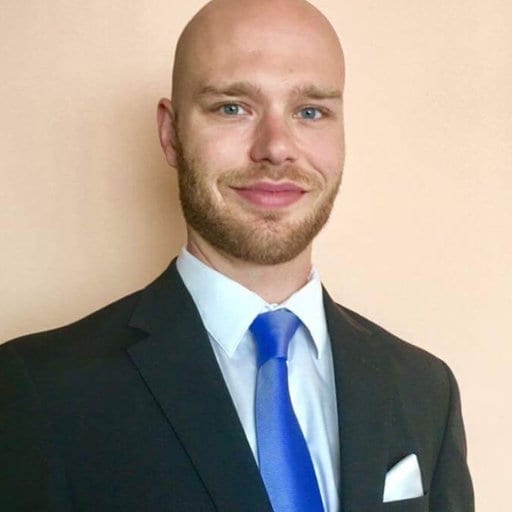
Timothy Treu
Timothy Treu is a Program Manager, Board Member, and Trainer for EPECARE. He is a committed MPH graduate whose academic interests include using metrics and data to serve in need populations. Timothy’s extensive data analysis skills, grant writing, and strong communication and scientific writing skills have already shown a great impact in EPECARE’s operations. Timothy has six years of direct patient care experience in a healthcare environment as well as interpersonal, fundraising, and leadership skills acquired through founding two organizations.

Anisha Borthakur
Anisha Borthakur is a Program Manager, Board Member, and Trainer for EPECARE. She got her B.S. in Public Health from University of Texas at Austin in 2016 and her MPH in Health Policy and Law. Coming from Houston, Texas, she has seen how hurricanes and other disasters can impact communities first-hand which motivated her to serve in AmeriCorps National Civilian Community Corps. Now Anisha has developed a keen interest in emergency management and humanitarian response, creating community resilience through managing the Junior Responder program. Her skills range from managing public health programs to applying a public health systems thinking approach to any issue.

Jonathan Myles
Jonathan Myles has spent the last 6 years working in the field of public health. He has a B.A. in Political Science & International Development studies from Dalhousie University and an MPH from BUSPH in Healthcare Management & Global Health. He has gained professional experience with organizations whose specialties range from refugee resettlement and community health, to Neglected Tropical Disease research. Jonathan is working to gain the necessary skills to effectively engage stakeholders, develop and maintain organizational partnerships, and manage financially sustainable non-profits. He is currently working as an intern for EPECARE, providing organizational support through fundraising and marketing efforts, as well as logistical coordination.
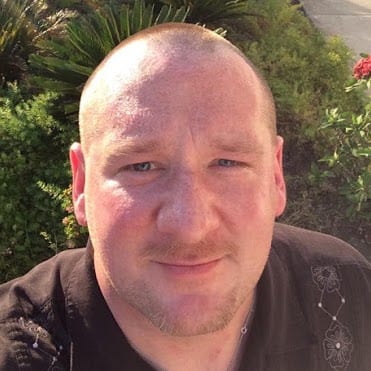
Matthew Kirwin
Matthew Kirwin serves as the Chief Training Instructor (CTI) for EPECARE. He started his security/law enforcement career in 1997 and he has held positions in management and investigations. Matt became a CPR instructor in 1995 and an EMT in 1996. He was also a co-instructor for several EMT classes. He currently works at Massachusetts General Hospital as a Special State Police Officer where he has been teaching First Responder and basic life support since 2003. He also has completed Firefighter I training. Matt is the lead Informational Technology specialist for EPECARE as well as certified Trainer.
